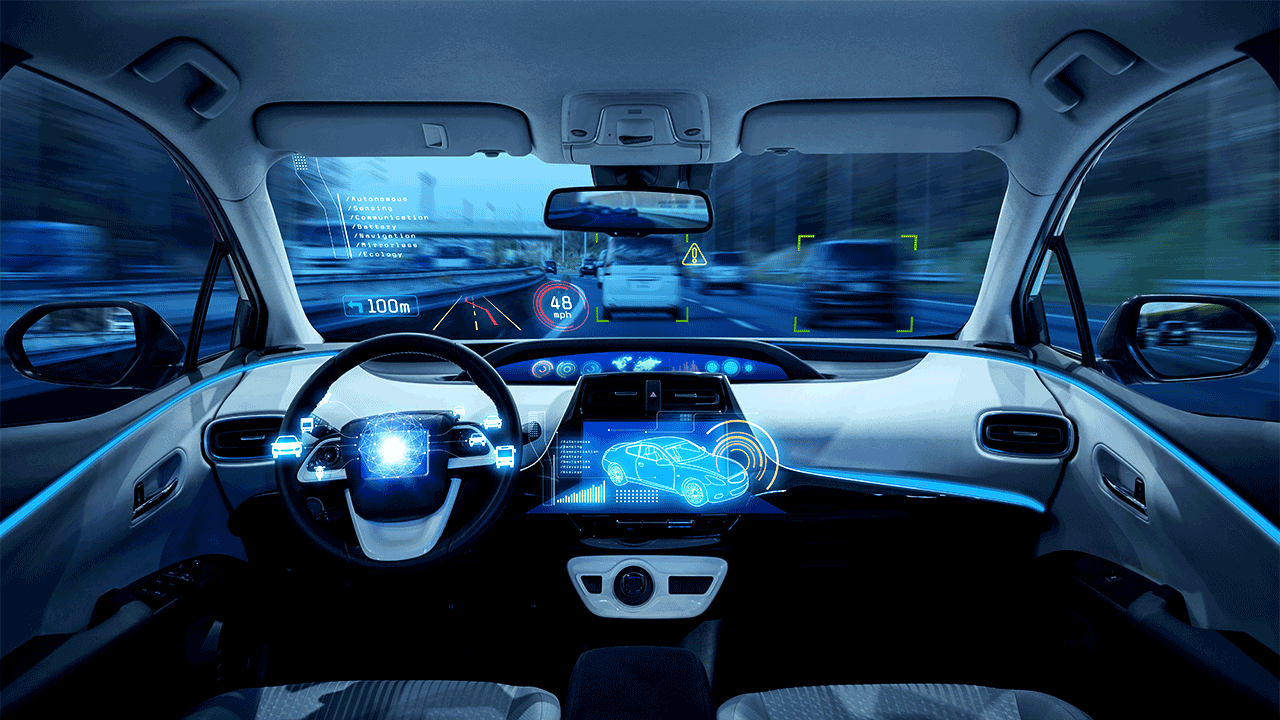Pulse of Information
Stay updated with the latest news and insights.
Cars That Drive Themselves: Is Humanity Ready for the Ride?
Explore the future of self-driving cars and discover if humanity is truly ready for the ride of a lifetime!
The Future of Autonomy: How Self-Driving Cars Are Reshaping Transportation
As we move towards a more technologically advanced future, the rise of self-driving cars is set to revolutionize transportation. With the integration of artificial intelligence, advanced sensors, and machine learning, these autonomous vehicles are poised to redefine the way we commute. Predictions suggest that by 2030, autonomous vehicles could account for a significant portion of all vehicles on the road, providing safer, more efficient, and environmentally friendly travel options. In cities, we may witness self-driving taxis replacing traditional cab services, making transportation more accessible to everyone.
The implications of autonomous vehicles extend beyond personal convenience; they promise to reshape urban infrastructure and traffic management. With self-driving technology, we can anticipate a decrease in traffic congestion and accidents caused by human error. Additionally, as these vehicles communicate with each other and monitor real-time traffic conditions, we could see innovations like smart traffic lights and dynamic routing systems that optimize flow and reduce waiting times. Embracing this shift not only aligns with sustainable practices but also enhances the overall quality of urban life.

Are We Prepared for a Driverless World? Key Considerations for Society
The advent of driverless technology promises to revolutionize our transportation systems, but the question remains: are we prepared for a driverless world? One key consideration is the impact on employment. According to estimates, millions of jobs in the driving sector—such as truck drivers, taxi operators, and delivery personnel—could be displaced. This shift raises concerns about how society will manage the transition for these workers. Reskilling programs and new job opportunities must be developed to support those who will be affected by this change.
Another significant aspect to consider is public safety and the ethical implications of autonomous vehicles. As driverless cars become more prevalent, we must address how they will perform in emergency situations and make decisions that could potentially harm pedestrians or passengers. Establishing robust regulations and ensuring that these technologies are tested thoroughly will be crucial in fostering public trust. Only by prioritizing safety and ethical considerations can we responsibly prepare for the challenges of a driverless world.
Navigating Safety: What You Need to Know About Autonomous Vehicle Technology
As the world moves towards a more technologically advanced future, autonomous vehicle technology is becoming increasingly prevalent. This innovation promises to revolutionize the way we commute, but it also raises important questions about safety and regulation. Understanding the components that make up this technology is essential for both consumers and policymakers. Key elements include sensor systems, artificial intelligence, and real-time data processing, all of which play a crucial role in ensuring that autonomous vehicles can navigate safely through complex traffic environments.
One of the most significant challenges in adopting autonomous vehicle technology is ensuring these systems can react appropriately in unpredictable situations. To illustrate, consider the following factors that contribute to safety:
- Fail-Safe Mechanisms: Autonomous vehicles are equipped with multiple redundant systems to minimize risk.
- Continuous Learning: Through machine learning, these vehicles can adapt and improve their decision-making over time.
- Regulatory Standards: Industry standards and government regulations are essential to maintain safety guidelines.
By staying informed about these aspects, you can navigate the complexities of this evolving technology with greater confidence.